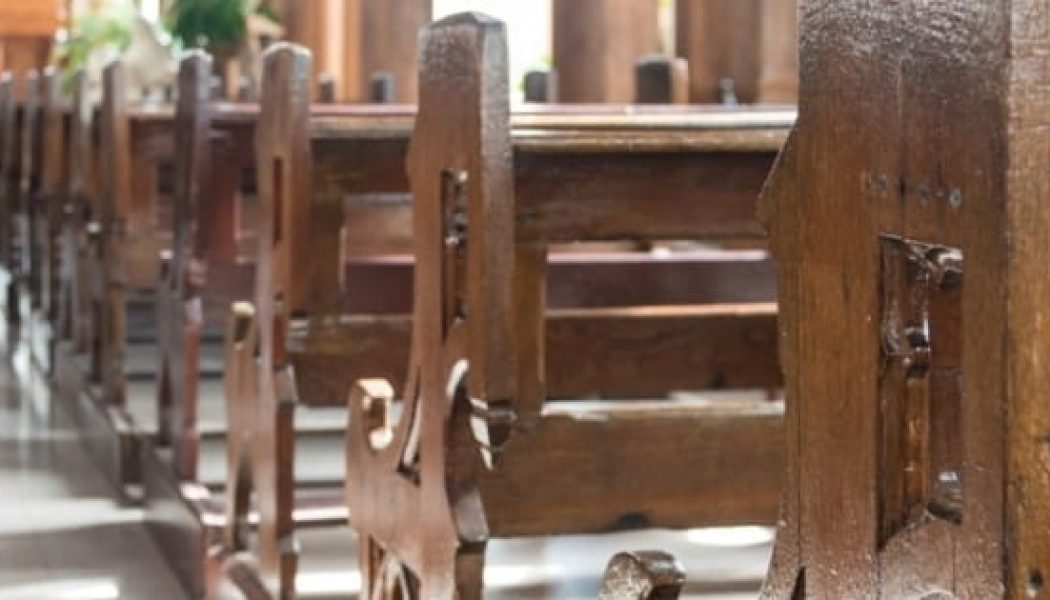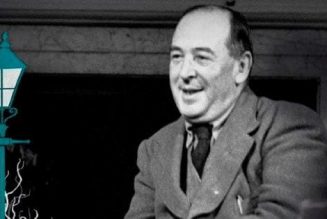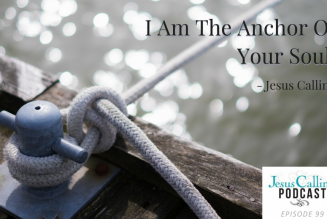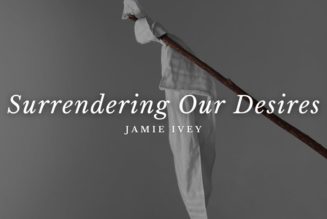
My pastor liked to crack jokes about being a “professional good guy.” Others—including his kids—remarked how he got paid to live right and make good decisions. The implied argument, of course, was that his words were less relevant to the everyday man. Indeed, in seminary, I learned of a professor who refused ordination for fear that people would stop listening to him. Below are five ridiculously brief biographies of “common” folk who never received a dime as professional good people.
Perpetua (ad 180–202)
Early Christians were no strangers to persecution—even to the point of death. The account of Vibia Perpetua’s martyrdom remains one of history’s most powerful. Augustine of Hippo found Perpetua’s story so influential, he delivered numerous sermons about her. Perpetua was a noblewoman, mother to an infant son, and one of several catechumens (people being instructed in the Christian faith) arrested in a Carthage (modern day Tunis) home. Despite the pleas of her family and her prosecutor to save her life for the sake of her baby, she would not deny her faith. Her resolve shone through in a prison conversation with her father. “Father do you see this vase here? . . . Could it be called by any other name than what it is? . . . Neither can I be called anything other than what I am, a Christian.”
Johann Sebastian Bach (1685–1750)
Bach—a theologian with armed with an organ rather than a pen (or word processor). The German composer of the Baroque period wrote nearly 75 percent of his 1,000 compositions for the purpose of worship—thus, the nickname, “Fifth Evangelist.” In music, Bach met with the divine; he believed, “At a reverent performance of music, God is always at hand with his gracious presence.” Though he lost both parents at the age of 10, three children with his first wife and then her as well, and seven children with his second wife, Bach continued to write music in the midst of struggle. His last 27 years of life were spent in various prestigious roles in Leipzig, where he composed some of his most masterful works in Mass in B Minor, The Passion of St. John and The Passion of St. Matthew—which even arch atheist Friedrich Nietzsche found impressive. Three quarters of a century would pass following Bach’s death before his genius received due recognition. Classical music’s most prominent composers admired and were impacted by his work. Today, Bach is recognized as one of history’s most prolific composers and certainly one of Christendom’s greatest artists of all time.
Nikolaus von Zinzendorf (1700–1760)
In an effort to revive the spirit of the Protestant Reformation, Pietism (emphasizing practice and experience over dogma) spread throughout Europe in the 17th century. To escape Roman Catholic oppression, many groups of underground Protestants fled to more friendly lands such as Germany. Several families from Moravia (in modern Czechoslovakia) founded the settlement Herrnhut—“the Lord’s watch”—in Saxony lands belonging to the wealthy count, Nikolaus Ludwig von Zinzendorf. Under his leadership, the Moravians sent the first Protestant missionaries to the West Indies and at least 224 more before Zinzendorf’s death in 1760—perhaps making him the true father of modern missions.
William Wilberforce (1759–1833)
The West Indies, destination of the first Protestant missionaries, also served as the hub of the slave trade in the 18th century. William Wilberforce, a Parliamentarian who converted to the Christian faith in his late 20s, concluded that, “God had set before me two objects: the suppression of the slave trade and the reformation of manners”—that is, morality. His efforts resulted in numerous failed bills for the better part of a decade. Finally, in 1807, the House of Commons—giving a nod to Wilberforce’s influence—voted to abolish the slave trade. Wilberforce went on to lobby for similar action from a number of other governments including the United States. Until his last breath, Wilberforce pursued the eradication of slavery and freedom for those oppressed by it. Others were instrumental, but his role led historians such as G.M. Trevelyan to attribute Wilberforce’s influence as, “one of the turning events in the history of the world.”
C.S. Lewis (1898–1963)
Clive Staples Lewis was born into an Irish Protestant family of readers, but became an atheist not long after his mother’s death around his tenth birthday. At the age of 19, he left home to study at Oxford where he would spend the majority of his remaining life. In 1929, after realizing his closest friends and favorite authors held to Christian beliefs, he confessed, “God was God, and knelt and prayed.” Following his conversion, he left poetry behind and poured his efforts into producing works reflecting his new belief. Though Lewis wrote masterful scholarly texts and became a popular speaker in churches and on the radio, his two dozen Christian books—having sold in the millions—have earned him recognition as one of the most important Christian writers of the 20th century. These same books—being overtly Christian and evangelistic—often brought the disapproval of others including his close friends. This disapproval extended to the Oxford higher-ups who repeatedly passed Lewis over for professorship. Finally, in 1955, Cambridge University extended him this well deserved honor.
Garrick Bailey (Th.M. Dallas Theological Seminary) is a Ph.D. candidate in Systematic Theology at the Southern Baptist Theological Seminary. His interests range from the theology of early church, ecclesiology, doctrine of union with Christ, and history of doctrine. He lives in Louisville, Kentucky with his wife and two children. When he’s not reading or drinking coffee (usually at the same time), you will find him with his family on campus or at a local park. You can follow him on Twitter @garrickbailey.










